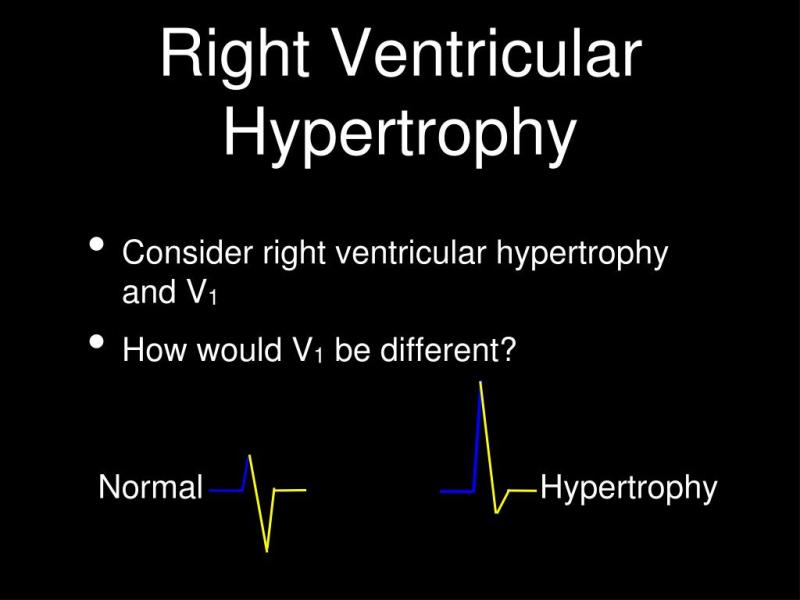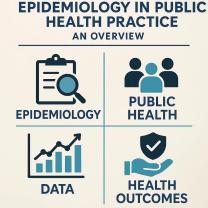What does consider right ventricular hypertrophy mean?
Right ventricular hypertrophy (RVH) refers to the thickening of the muscular wall of the right ventricle of the heart. This condition is often a result of increased workload on the right ventricle, leading to the enlargement and thickening of the muscle tissue. Right ventricular hypertrophy can be caused by various factors, including pulmonary hypertension (high blood pressure in the arteries of the lungs), heart valve disease, chronic lung diseases (such as chronic obstructive pulmonary disease or pulmonary embolism), or congenital heart defects.
Doctors may diagnose right ventricular hypertrophy based on symptoms, physical examination findings, electrocardiogram (ECG or EKG) results, echocardiogram (ultrasound of the heart), or other imaging tests. It's important to address the underlying cause of RVH, as untreated hypertrophy can lead to complications such as heart failure or arrhythmias (irregular heart rhythms). Treatment may involve managing the underlying condition, medications, lifestyle changes, or, in some cases, surgical intervention.
While I can't provide medical advice, I can share some general information about right ventricular hypertrophy (RVH) and its implications:
1. Implications of a Diagnosis:
A diagnosis of RVH doesn't automatically mean there's a serious problem. However, it indicates the right ventricle of your heart is working harder than usual to pump blood, often due to an underlying condition. The implications can vary depending on the cause and severity of RVH.
Potential implications:
- Increased risk of heart failure: The overworked right ventricle may eventually weaken, leading to heart failure symptoms like fatigue, shortness of breath, and fluid buildup.
- Arrhythmias: RVH can increase the risk of irregular heartbeats (arrhythmias), which can be dangerous.
- Pulmonary complications: In some cases, RVH might stem from lung problems, contributing to further breathing difficulties.
- Blood clots: Increased pressure in the right ventricle can raise the risk of blood clots in the legs or lungs.
2. Impact on Heart Function and Health:
RVH can affect heart function in several ways:
- Reduced pumping efficiency: The thickened muscle may stiffen, making it harder for the ventricle to pump blood effectively.
- Reduced blood flow: This can deprive organs of oxygen and nutrients, leading to various health issues.
- Increased pressure on the right side of the heart: This can strain the heart and further damage the ventricle.
The overall impact on health depends on the underlying cause, severity, and treatment received.
3. Treatment Options:
Treatment for RVH aims to address the underlying cause and manage symptoms. Options might include:
- Treating the underlying condition: This could involve medications for pulmonary hypertension, valve problems, or other causes.
- Medications: Diuretics to remove excess fluid, oxygen therapy for breathing difficulties, and medications to control heart rhythm.
- Lifestyle changes: Exercise, healthy diet, weight management, and smoking cessation can improve overall heart health.
- Surgery: In severe cases, surgery may be needed to repair heart valves or address other structural issues.
Remember:
- This information is general and shouldn't replace professional medical advice.
- If you have concerns about RVH, consult your doctor for personalized information and treatment options.
I hope this clarifies the implications of RVH and emphasizes the importance of seeking professional medical advice for accurate diagnosis and personalized treatment.













